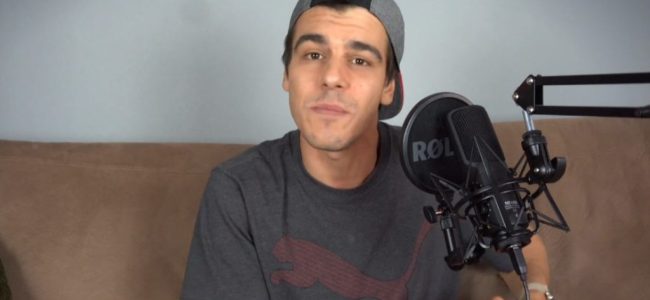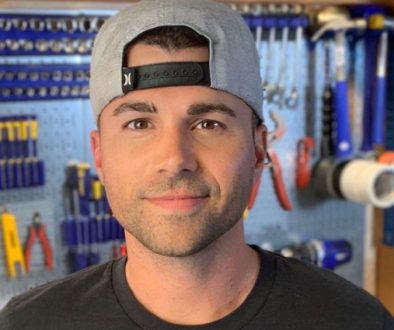About Filip Miucin (Former IGN Staff Member; YouTuber)
Filip Miucin is a former IGN staff member who gained notoriety in the gaming community.
Filip Miucin is a name that resonates with many in the video game journalism and YouTube communities, primarily due to his high-profile stint at IGN and the subsequent scandal that led to his departure. Before joining IGN, Miucin built a reputation as a YouTube content creator and reviewer, running a channel called “Boomstick Gaming,” where he reviewed and discussed various video games. His engaging style and thoughtful insights helped him garner a modest but dedicated following.
In 2018, Miucin’s career took a significant leap forward when he was hired by IGN, one of the largest and most influential video game and entertainment media outlets. At IGN, he served as a Nintendo Editor, a role that involved reviewing games, creating content, and contributing to the editorial team’s coverage of Nintendo-related news and reviews. For any gaming journalist, this was a dream job, given IGN’s vast audience and industry influence.
However, Miucin’s time at IGN was cut short under controversial circumstances. In August 2018, shortly after publishing a review of the game “Dead Cells,” Miucin was accused of plagiarism. A YouTuber named Boomstick Gaming (ironically, from the same name as Miucin’s former channel) posted a video highlighting striking similarities between Miucin’s IGN review and their own earlier review of the same game. The comparison showcased not just similar opinions but nearly identical phrasing and structure in multiple segments of the review.
The allegations quickly gained traction online, leading to significant backlash from the gaming community. IGN responded promptly by removing the review from their website and launching an internal investigation. Within days, IGN concluded that Miucin had indeed plagiarized portions of his review, and he was subsequently dismissed from the company. IGN issued a public apology to their audience, as well as to Boomstick Gaming, and reassured their commitment to integrity and originality in their content.
Miucin initially denied the plagiarism allegations, posting a video on his YouTube channel in which he defended his work and claimed any similarities were purely coincidental. However, further scrutiny revealed more instances of alleged plagiarism in his previous work, both at IGN and on his personal YouTube channel. This additional evidence compounded the controversy and tarnished his credibility further.
Following his dismissal, Miucin’s career took a dramatic downturn. He faced significant criticism from both the gaming community and fellow content creators. The scandal served as a cautionary tale about the importance of originality and ethical standards in journalism and content creation. It also sparked broader discussions about the pressures faced by content creators and the consequences of cutting corners.
Since the scandal, Miucin has largely stepped back from the public eye. His social media presence has been relatively quiet, and he has not returned to a prominent role in gaming journalism or content creation. The incident remains one of the most notable cases of plagiarism in the gaming industry, often cited in discussions about journalistic integrity and the challenges of maintaining originality in an era of constant content production.
Despite the controversy, Miucin’s story is a reminder of the importance of learning from mistakes and the potential for personal growth and redemption. While his actions had serious professional consequences, they also highlighted the need for accountability and transparency in media.
So, what can we say? Filip Miucin’s career was marred by a high-profile plagiarism scandal. Once a promising figure in gaming journalism, Miucin’s fall from grace is a cautionary tale about the importance of ethical standards in content creation. His story underscores the challenges and responsibilities faced by journalists and content creators in maintaining the trust and respect of their audience.




